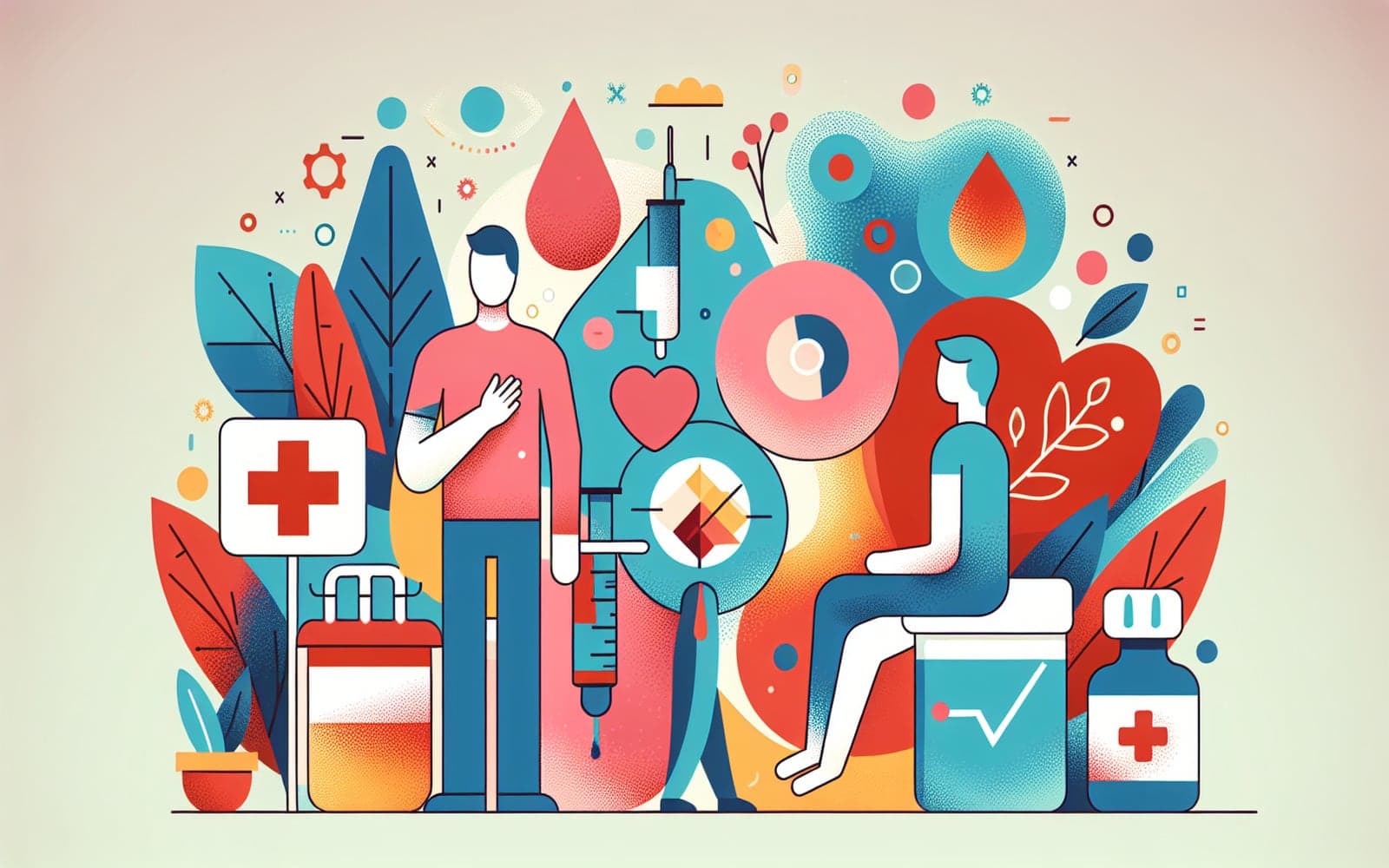Is That Bruise Normal? Understanding Bleeding Disorders
Published: Jun 10, 2024

Medically reviewed by Alan Lucks | MD, Alan Lucks MDPC Private Practice - New York on June 10th, 2024.
Bleeding disorders can be tricky to spot, but they affect millions of people. Understanding the signs and when to see a doctor is crucial for your health.
Contents
Common Signs of a Bleeding Disorder
Bleeding disorders often show up as easy bruising, nosebleeds, or heavy periods. You might notice bleeding gums when brushing teeth or cuts that take a long time to stop bleeding. Some people experience joint pain or swelling from internal bleeding. If you have several of these symptoms, especially if they run in your family, it's worth talking to a doctor.
When to Worry About Bruising
While occasional bruises are normal, frequent large bruises or bruises in unusual places can be a red flag. Pay attention if you bruise easily without remembering bumping into anything. Bruises that take weeks to heal or appear in clusters may also indicate an underlying issue. Remember, bruising patterns can sometimes reveal other health concerns or even signs of abuse, so it's important to be aware.

Beyond Bruises: Other Bleeding Symptoms
Bleeding disorders can affect more than just your skin. Heavy menstrual periods that soak through pads quickly are a common sign in women. Prolonged bleeding after dental work or surgery is another key indicator. Some people may experience frequent nosebleeds or blood in their urine or stool. Internal bleeding can cause swelling and pain in joints or muscles.
Frequently Asked Questions
No, some can be acquired later in life.
Yes, certain drugs can increase bleeding risk.
Through blood tests and a thorough medical history.
Key Takeaways
While some bruising is normal, persistent bleeding symptoms warrant medical attention to rule out underlying disorders.
Concerned about your bruising or bleeding? Talk to Doctronic about your symptoms and family history to determine if further testing is needed.
